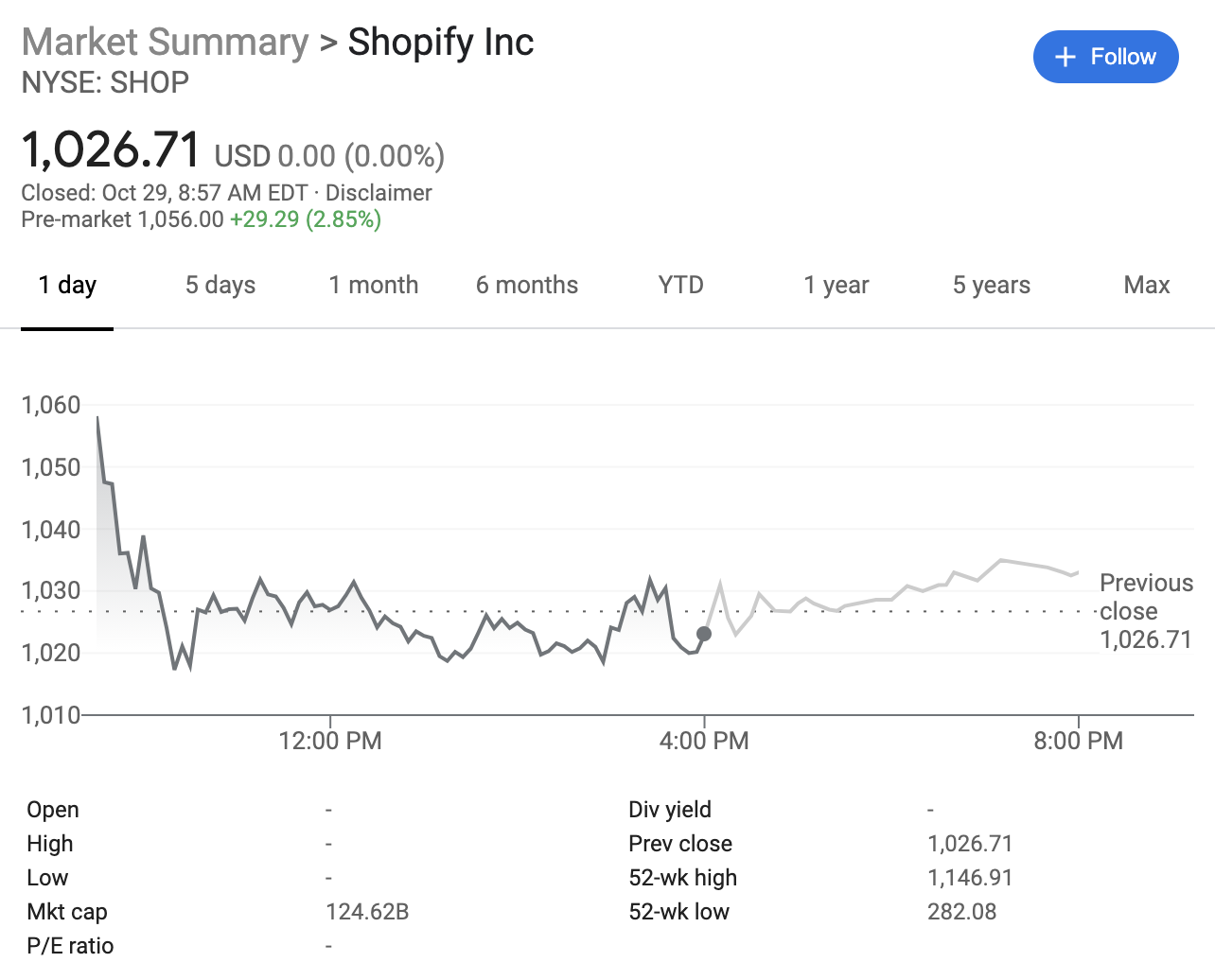Juganu, the venture-backed Israeli company that makes lighting systems capable of emitting light at specified wavelengths, is now selling a product that it claims can disinfect surfaces and deactivate pathogens in an attempt to provide buildings with new safety technologies that can prevent the spread of the coronavirus that causes COVID-19.
The company claims that its J.Protect product was clinically validated through a study conducted by Dr. Meital Gal-Tanamy at the Bar-Ilan University Faculty of Medicine (although Dr. Gal-Tanamy’s research typically focuses on the Hepatitis C virus, which has a different transmission vector than airborne viruses like Sars-Cov-2, the coronavirus that causes COVID-19).
Juganu said that the new product has been registered with the US Environmental Protection Agency in 46 states and is currently working with Comcast, Qualcomm, and NCR Corp. to bring its lighting disinfectant and deactivation technology to markets around the country.
The lighting technology uses two kinds of ultraviolet light — A and C — to render viruses inert and kill bacteria on surfaces, according to the company’s claims.
When people are present in a room, the company’s system uses UVA light which can render viruses inert after eight hours of exposure. If the room is empty, the lighting system will use UVC light, which is more potent as disinfectant and more harmful to people, to disinfect a room in under an hour.
The company tested its technology on surfaces, but did not conduct any tests involving their lighting system’s effects on aerosolized viral particles, which have been determined to be the main cause of infections from the novel coronavirus.
“We got an exemption from the FDA and are approved for distribution by the EPA in 48 states,” said Juganu chief executive, Eran Ben-Shmuel in an interview.
The company has already pre-sold the lighting technology in Israel and in India, according to Ben-Shmuel, and is now taking orders for installations in the US.
Juganu, which has raised $53 million to date from investors including Comcast Ventures, Viola Growth, Amdocs, and OurCrowd has offices in Israel, Brazil, Mexico, and the US, has already sold lighting systems to municipalities and businesses around the country.
The new hardware opens up a new line of business in the booming market for technologies targeting the reopening of businesses in the nations that have been hit the hardest by the COVID-19 pandemic.
“Smart lighting will be one of the biggest areas of opportunity for physical spaces. We are evolving from lights simply illuminating spaces to disinfecting and securing them, as well as promoting well-being by recreating natural light shifts based on sunrise and sunset,” said Ben-Shmuel, in a statement.




